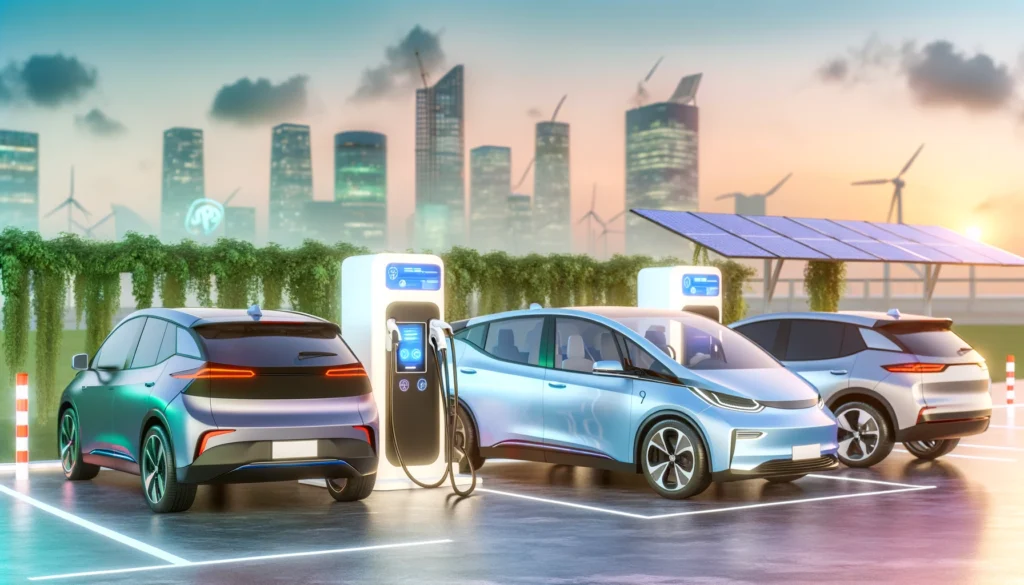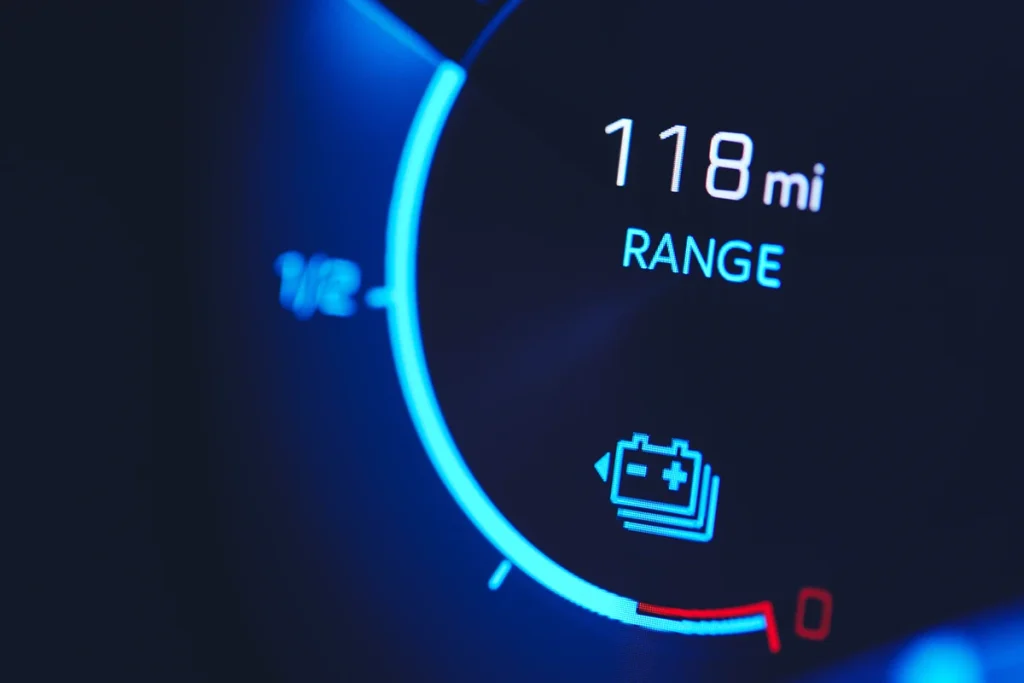In a surprising shift, Hertz, the renowned rental car titan, is recalibrating its electric vehicle (EV) procurement plans, stepping back from its initial ambitious blueprint to integrate 65,000 EVs from Polestar, the pioneering electric car manufacturer. This decision, revealed through statements by Polestar CEO Thomas Ingenlath to The Financial Times, marks a significant moment in the rental company’s EV adoption journey. It underscores the volatile nature of the electric vehicle market and the challenges companies face in maintaining a sustainable EV fleet.
The Economic Dilemma of Maintaining an EV Fleet
The pause in Hertz’s EV expansion comes on the heels of the company’s announcement to offload 20,000 electric vehicles, approximately one-third of its EV fleet. This move, motivated by the heightened repair and maintenance costs associated with electric cars, reflects the broader financial implications of transitioning to an electric fleet. Hertz’s groundbreaking $3 billion agreement with Polestar in 2022 was initially hailed as a pivotal moment for EV adoption, showcasing the rental industry’s commitment to sustainable transportation solutions. However, the recent adjustments highlight the complexities of managing EV assets in a fluctuating market.
Previous Collaborations and Market Dynamics
Hertz’s engagement with EVs isn’t new; the company previously entered a high-profile agreement with Tesla in 2021 to purchase 100,000 electric vehicles. Yet, this partnership has encountered its challenges, notably impacted by Tesla’s aggressive pricing strategies, which have depreciated the value of Hertz’s used Tesla fleet. The agreement to acquire Polestar vehicles over five years aimed to bolster Hertz’s electric offerings, targeting a fully electric quarter of its global fleet by 2024. Nevertheless, the slowing momentum in the EV market, paired with automakers dialing back on their EV investments, presents a significant hurdle for Hertz’s electrification goals.
The Broader Implications for the EV Industry
- Hertz revises its strategy to purchase 65,000 EVs from Polestar, indicating a cautious approach toward fleet electrification.
- The company plans to sell 20,000 electric vehicles, including models from Tesla, Chevrolet, and Volvo, to mitigate high maintenance costs.
- Hertz’s $3 billion deal with Polestar and its previous agreement with Tesla underscore the rental firm’s commitment to electric mobility.
- The global slowdown in EV demand and automakers’ reduced investments in electric technology challenge Hertz’s fleet electrification plans.
- Polestar faces its own challenges, with part-owner Volvo ceasing funding amid a general downturn in EV market interest.
These developments signal a recalibration in the rental giant’s approach to electric mobility, driven by economic realities and market dynamics. As Hertz navigates the complexities of managing an EV fleet, its strategy reflects broader trends within the automotive industry, where companies are increasingly weighing the financial viability against environmental commitments.
Navigating the Electric Vehicle Landscape: A Strategic Pivot for Hertz
As Hertz reassesses its electric vehicle strategy, the implications extend beyond the company, signaling a cautious period of evaluation and adjustment within the EV sector. This strategic pivot reflects a broader industry trend where automakers and rental companies alike are reevaluating their commitments to electrification in light of economic challenges and market uncertainties. For Hertz, the decision to scale back its EV ambitions underscores the importance of adaptability in an evolving automotive landscape, where the path to electrification is marked by both opportunities and obstacles.


